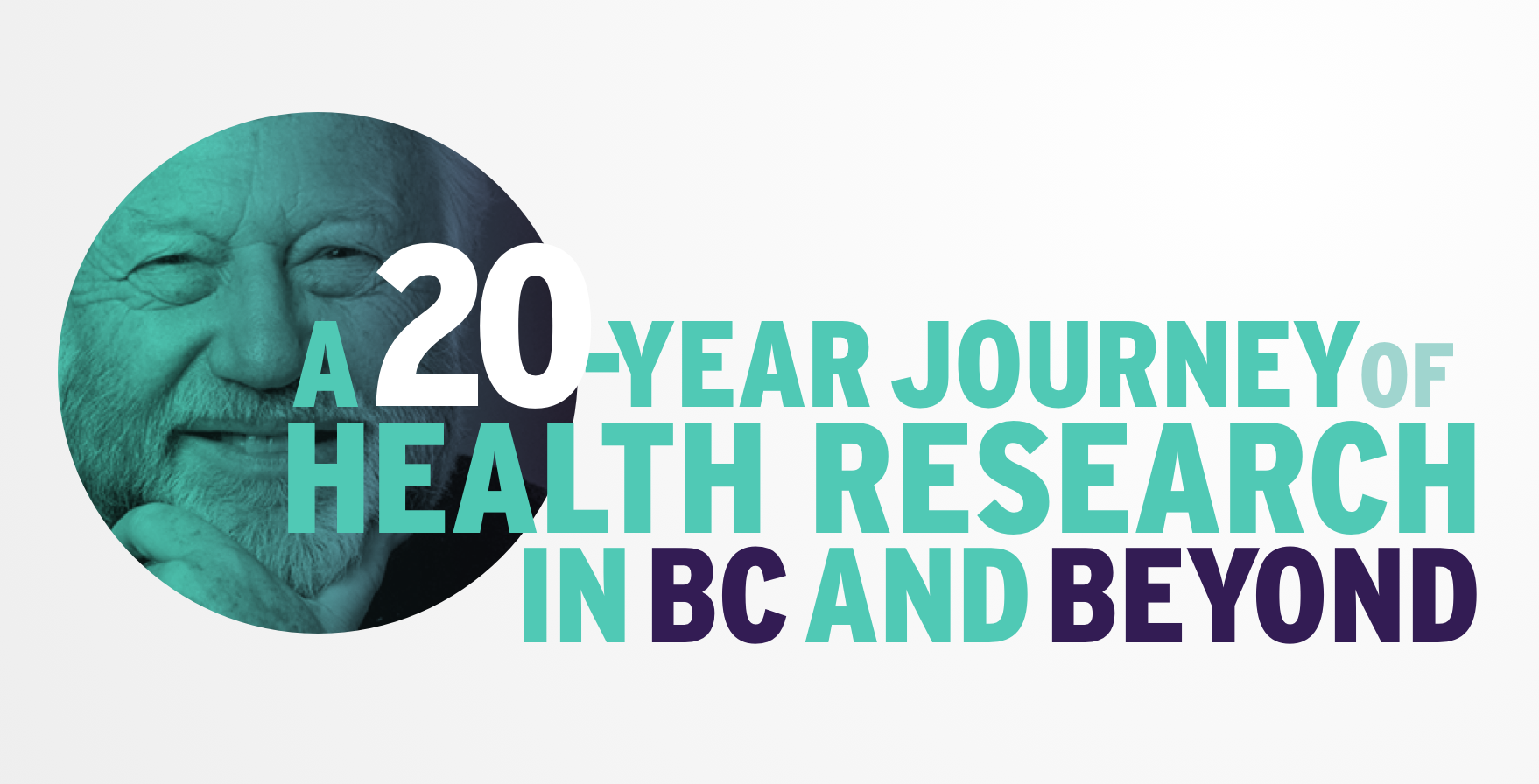A 20-year journey of health research in BC: Advancing research that supports people who use substances
16 September 2021
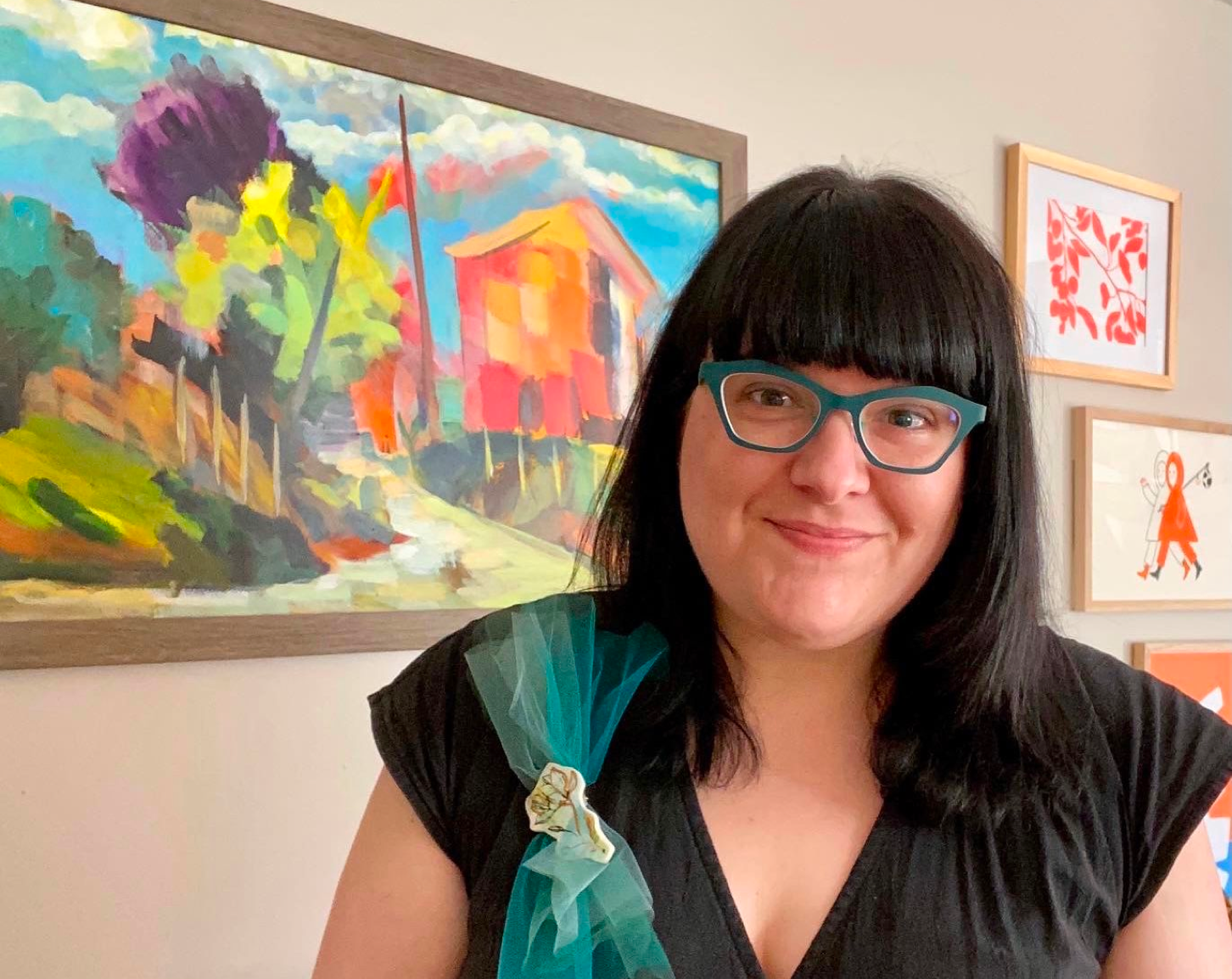
Dr. Amanda Slaunwhite
Dr. Amanda Slaunwhite: Advancing research that supports people who use substances
“Peers have experienced tremendous loss in their lives in the last five years, and they keep going. I feel very grateful to have seen the resilience of people with lived experience of substance use and overdose. It is inspiring and their resilience just reminds me to keep going,” Dr. Amanda Slaunwhite says, reflecting on how working in this area has helped make sense of her own lived experiences and how it is working towards a better world.
Given that stigma surrounding mental health and substance use and abuse can impede the availability and access to vital harm reduction and addictions treatment interventions, MSFHR awardee Amanda is determined to change how the public health system supports and treats persons with mental health and substance use issues. And she’s working to bring about these changes for the benefit of people here in BC.
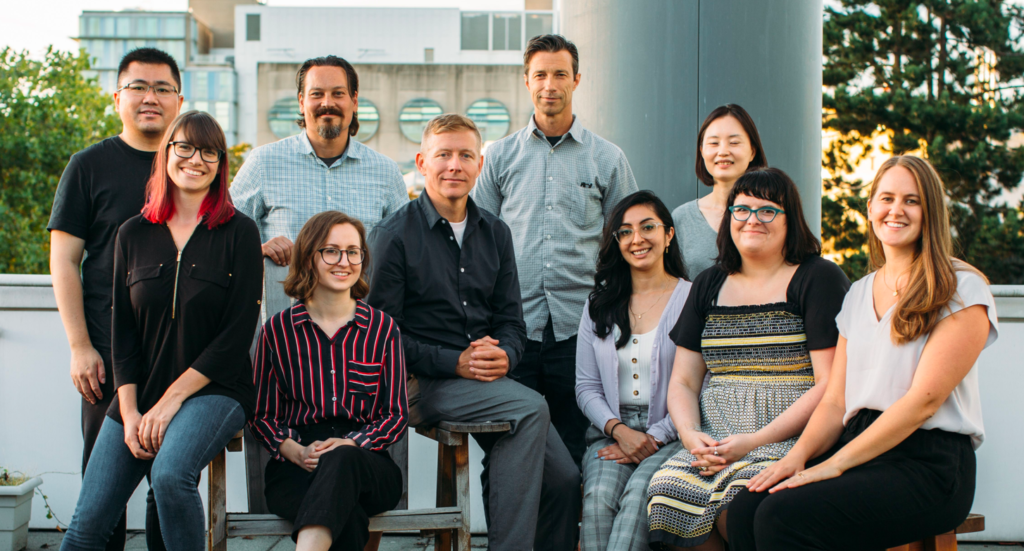
From the Maritimes to Parliament Hill to Anchorage, Alaska, Amanda has worked in various regions of North America. But when asked why she ultimately settled in BC, it was access to the strongest and most comprehensive administrative data infrastructure in Canada and North America that made her choice simple. “The province has been really active in linking administrative health and social services data and providing that to researchers. This is not available anywhere else,” she says.
“I feel very grateful to have seen the resilience of people with lived experience of substance use and overdose. It is inspiring and their resilience just reminds me to keep going.”
Amanda also finds that the health research funding structure in BC is unique and promising for researchers working in substance use. With BC’s overarching funding priorities linked to health system priorities, funding is directed to areas such as mental health and rural and remote health, an approach that is not necessarily articulated by other funding agencies and regions.
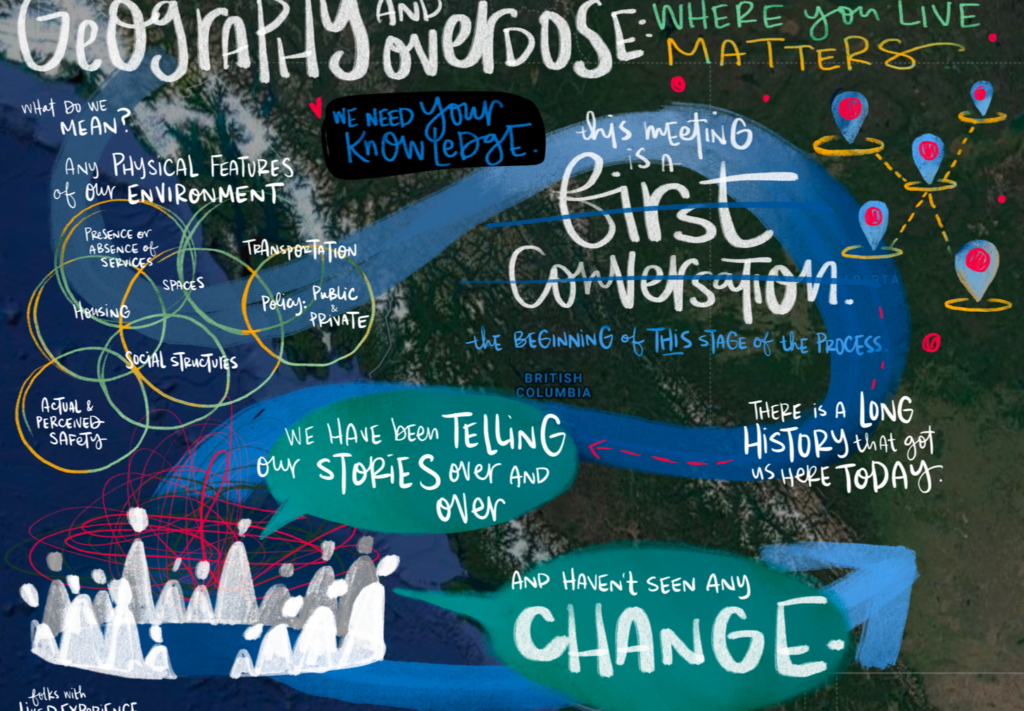
As a two-time MSFHR award recipient, the funding has been foundational in helping establish Amanda’s research career and a funding history in BC. In 2019, Amanda received funding under MSFHR’s Convening & Collaborating Program for a project aiming to understand how harm reduction and addictions treatment interventions can be adapted to rural and remote places that do not have supervised consumption/overdose prevention sites or addiction medicine providers. More recently in 2020, MSFHR contributed funds towards Amanda’s successful application to the Canadian Institutes of Health Research Operating Grant: COVID-19 Rapid Research Funding Opportunity for a project that addresses the dual public health crises of COVID-19 and overdose in BC. Working with researchers and collaborators at Simon Fraser University (Dr. Bohdan Nosyk) and the University of Victoria (Dr. Bernie Pauly and Dr. Karen Urbanoski), Amanda and her team aim to look at both the pandemic and new risk mitigation guidance that permits prescription of pharmaceutical alternatives to the toxic drug supply, and assess their impact on COVID-19 infection, continuity of care for treatment of substance use disorders, and overdose in BC.
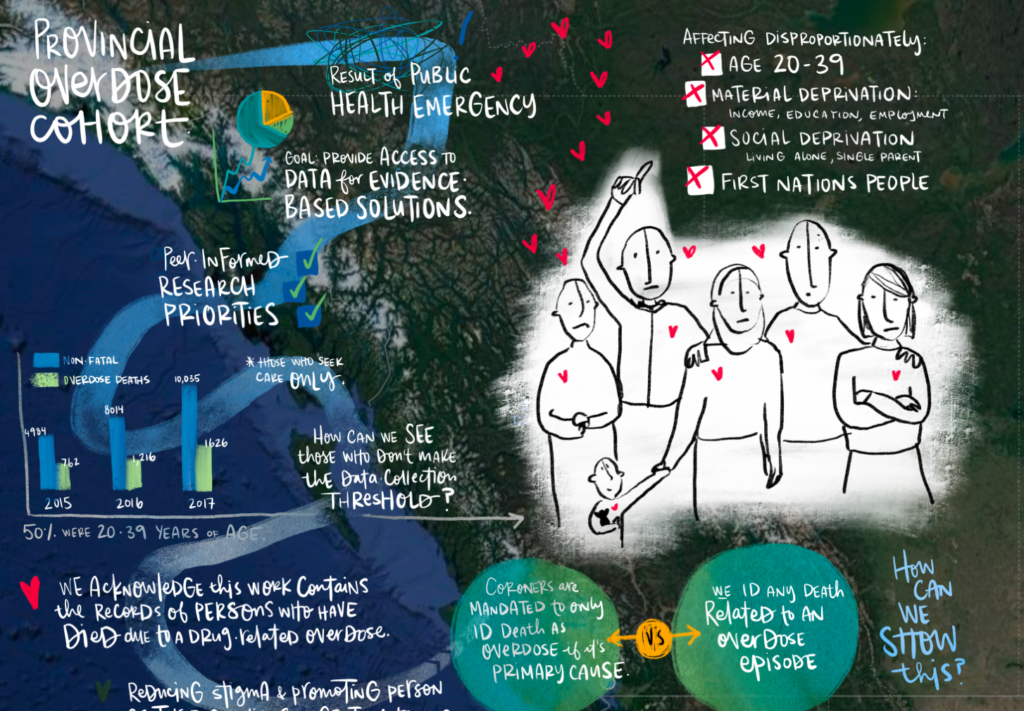
When asked about the significance of her MSFHR funding, Amanda reflects on how these awards provided support on key capacity and relationship-building conversations and efforts, and describes how they resulted in lasting provincial partnerships across BC with persons with lived experience, clinicians, and other researchers and organizations. This has also had a ripple effect on additional grant submissions and has continued to expand the body of work to improve the health outcomes of individuals with mental health and substance use issues.
“The province has been really active in linking administrative health and social services data and providing that to researchers. This is not available anywhere else.”
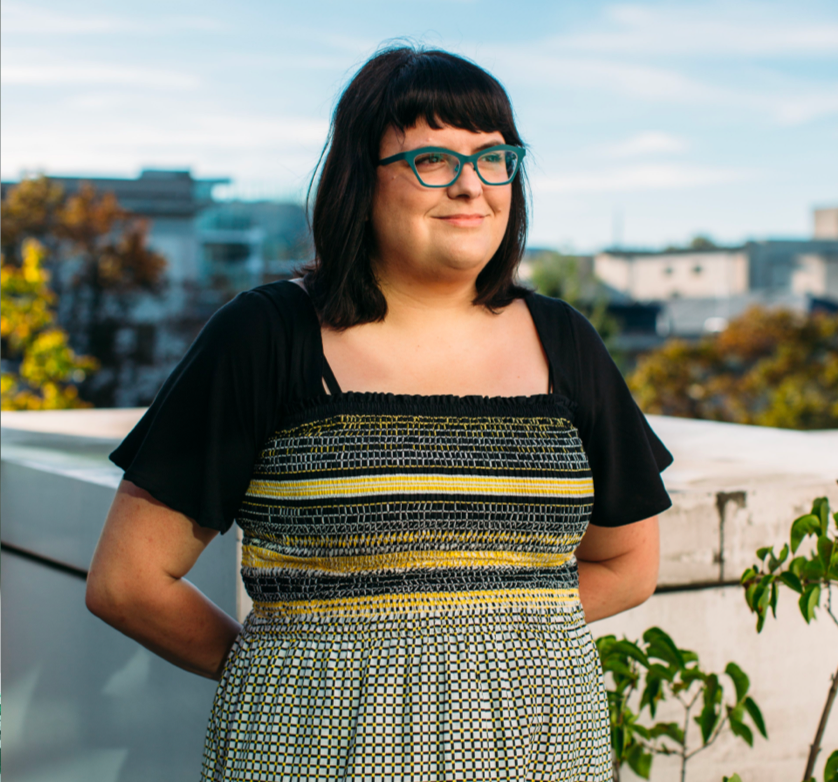
While the number of illicit drug toxicity deaths in BC continues to be high, Amanda remains optimistic. “There is a committed group of people in British Columbia who want to help and support people who use substances,” she says. “This community moves policy and research forward, innovates and pushes the boundaries of what is possible. I am grateful to have the opportunity to work with persons with lived experience, policy makers and researchers in support of these efforts.”
Learn more:




